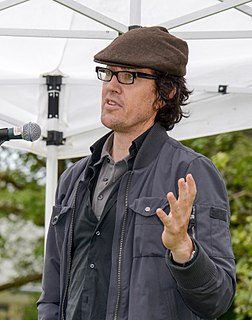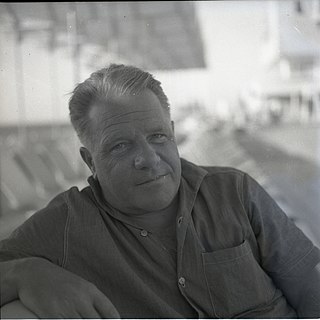A Quote by Michael Winter
If you look at footage of the Newfoundland Regiment, you see they are at rest and giddy and being silly with one another. Silliness is the antidote to trench warfare.
Related Quotes
No one thinks anything silly is suitable when they are an adolescent. Such an enormous share of their own behavior is silly that they lose all proper perspective on silliness, like a baker who is nauseated by the sight of his own eclairs. This provides another good argument for the emerging theory that the best use of cryogenics is to freeze all human beings when they are between the ages of twelve and nineteen.
We see in the 20th Century an unfortunate trench warfare, in which psychoanalysis, in a struggle against the internalized compulsion and superstition of a particular doctrine, has expressed itself atheistically. By contrast, theology is not merely under suspicion of talking soullessly about God. Both theology and psychology, in striving for human health, need one another like the right and the left hand.
Our first and most pressing problem is how to do away with warfare as a method of solving conflicts between national groups or between groups within a society who have different views about how the society is to be run. If you look back, you will see that warfare was an invention, just as ways of handling government or taxes are inventions. You will see, too, that once people use an invention they go on using it until they find another which they think is superior.




































